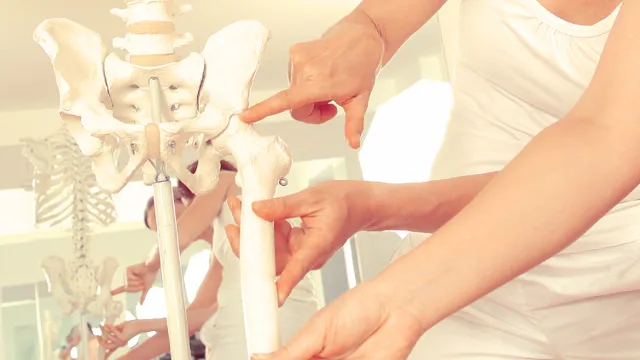Physiotherapy Assistant at QLS Level 5 Diploma
Imperial Academy
Year End Sale! Level 5 QLS Endorsed Course | CPD Accredited | FREE 2 CPD Courses | 150 CPD Points | Lifetime Access
- 67 students
- Online
- 432 hours · Self-paced
- Certificate(s) included
- 150 CPD points
- Tutor support
Great service
24-Hour Flash SALE! Don’t miss your chance to save on this Physiotherapy Assistant course – offer ends soon! Make your passion your profession. Opting for the "Physiotherapy Assistant - QLS Level 5 Diploma" course doesn't just offer you a job. It opens the door to a fulfilling
…




